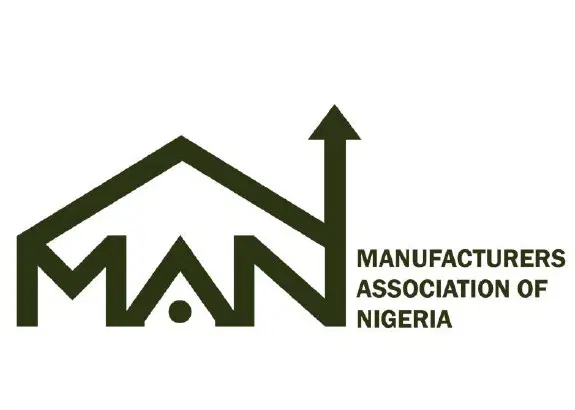The Manufacturers Association of Nigeria (MAN) has thrown its weight behind the Federal Government’s approval of a 15 per cent import tariff on petrol and diesel, describing it as a patriotic and strategic policy aligned with the nation’s “Nigeria First” agenda.
MAN said the move would accelerate the growth of local refining capacity, promote value addition, and support the patronage of Made-in-Nigeria products. The association lauded the government’s decision as a clear demonstration of its commitment to strengthening domestic industries and achieving long-term energy security.
According to MAN, the introduction of the tariff marks a major step toward conserving foreign exchange, enhancing local content, and advancing Nigeria’s industrialisation goals. It comes less than a month after the association’s 53rd Annual General Meeting themed “Nigeria First: Prioritising Patronage of Made-in-Nigeria Products.”
The association noted that the measure reassured domestic manufacturers that the government is responsive to the need to nurture indigenous production and reduce dependence on imported refined petroleum products.
In a statement signed by its Director-General, Mr. Segun Ajayi-Kadir, MAN emphasised that the tariff will not only protect local refiners but also attract new investors into the energy sector, including holders of existing refinery licences.
MAN highlighted the importance of full implementation of the domestic crude oil supply framework under the Petroleum Industry Act (PIA), which it said would guarantee steady crude availability for local refineries and reduce pressure on scarce foreign exchange.
MAN stressed that there is no better route to fixing the Nigerian economy than by protecting local industries, encouraging domestic patronage, fostering value addition, and promoting industrial development driven by local content.
Nigeria, it noted, is endowed with vast oil resources, yet billions of dollars continue to be spent on the importation of refined petroleum products.
MAN said the new tariff policy would help conserve foreign reserves, strengthen the Naira, and create a more stable environment for investment.
The association described the 15 per cent duty as a deliberate and well-conceived policy instrument designed to protect and encourage domestic producers, curb dumping, and ensure stability for local refiners.
It added that the tariff would fast-track the operational readiness of domestic refineries, enhance energy supply to industries, and reduce disruptions that have hampered industrial production in recent years.
MAN listed multiple benefits expected from the policy, including the encouragement of local refining, promotion of backward integration, creation of jobs, and the development of technical expertise. The association also noted that the policy would strengthen linkages between refineries and manufacturers while supporting engineering and logistics services across the energy value chain.
While endorsing the move, MAN called for transparent and efficient implementation to ensure that the benefits extend to both industries and consumers without creating additional cost burdens. It urged regulatory agencies such as PPPRA, NMDPRA, and FCCPC to monitor pricing to prevent exploitation or anti-competitive practices.
The group also urged the government to reinvest tariff proceeds into energy infrastructure, refinery efficiency, and industrial power support schemes, including incentives for small and medium manufacturers reliant on diesel generators.
MAN further advised the government to provide incentives for additional modular and conventional refineries and to fast-track the full privatisation of government-owned refineries, which it said have proven unsustainable.
Reaffirming its commitment to the “Nigeria First” policy, MAN expressed optimism that the tariff would mark a turning point toward energy independence, industrial competitiveness, and sustainable economic growth, driven by Made-in-Nigeria products.




